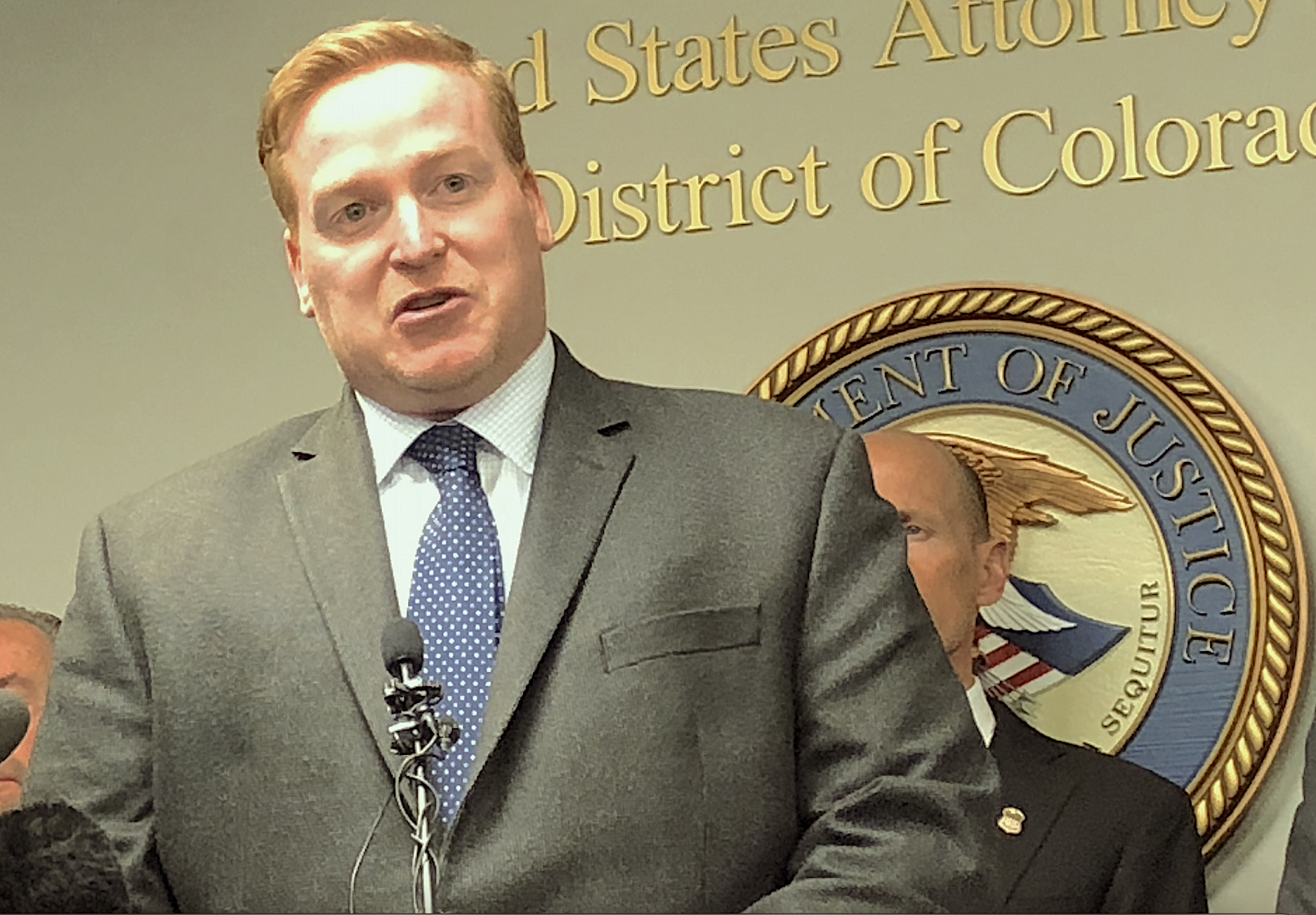INSIGHTS | Werthwein was never the issue with Colorado’s behavioral health system

Throwing somebody under the bus is an odd visual, but it’s a full-contact sport in politics and governing.
The phrase appears to have been born in Britain on Dec. 10, 1980, when Financial Times reporter Elinor Goodman wrote about the dustup within the Labour Party. Michael Foot won the race to lead the party the month before, and the runner-up, Baron Denis Healy, became his deputy.
“Some still pin their hopes on the ‘under the bus’ theory which has Mr. Foot being forced by ill health – or just the pressures of the job – to give way to Mr. Healey before the next election,” Goodman wrote.
In other words, your enemies are always closer than you think.
Robert Werthwein’s resignation, for whatever reason, carries on the tradition.
Gov. Jared Polis’ appointee as director of the state Office of Behavioral Health told his boss in October he planned to step down at the end of February. The news, as it always seems to be, has been bad lately for how the state delivers mental health care to those who need it, and how taxpayers cover the bill for these failures.
A person in Werthwein’s position might as well be a kicked can.
He is a martyr to a system politicians don’t know how to fix, so they pin the blame on good people to buy time, like, until after the next election. Lather, rinse, repeat.
If leadership were the problem, serving Coloradans with mental health needs wouldn’t be.
“Robert has been an important and integral part of our team at CDHS for nine years, and I know he’s been a dedicated advocate for Coloradans and an ally for all of you,” state Human Services director Michelle Barnes told the staff and public after the news, suggesting he was forced out, broke.
She said Werthwein’s decision to leave was “a personal one that he made after much reflection and prior to recent events. No one asked for Robert’s resignation.”
Barnes called him a champion for children and families in Colorado, which I know to be true.
The day before news broke that Werthwein is leaving, the legislature’s Joint Budget Committee hammered away at the agency as an inadequate system for behavioral health in need of prioritization. Rep. Kim Ransom, a Republican from Douglas County, called the delivery of service and results a crisis, despite all the time and money the legislature has put into it.
“We have problems here,” staff analyst Craig Harper told the committee. “And those problems may depend on geography. They depend on all kinds of things, but we don’t know what it would cost to fix them, and I’m not even sure we have our hands around what the problems are and where they are.”
Sen. Bob Rankin, a Republican from Carbondale, cited a report that suggested each state should have 40 to 50 beds for mental health patients per 100,000 people. Colorado would need 2,850 more beds. Currently, it has fewer than 100.
You can’t lay that at the feet of a department head. Blame lawmakers over the last 20 years who let that happen, and they’re trying not to get ousted in the next election. Mental health beds aren’t campaign winners.
Having haunted Capitol buildings in four states, including this one, I’ve seen this repeatedly: An agency has a problem politicians ignore, then somebody gets fired or resigns. It’s not a solution. It’s a salve until after the next election.

The former director of the Department of Human Services Reggie Bicha was a political pinãta over how vulnerable people in group homes were treated by DHS workers, who were subsequently fired, in 2015. Nonetheless, 87 of the 100 legislators signed a letter of no-confidence toward Bicha.
As coincidental as it might be, Werthwein’s announcement to the staff that he’s leaving happened two days after an investigation by the Colorado News Collaborative flagged a problem that’s been around a long time: Colorado’s community mental health centers hand out noncompete contracts, which the investigation suggested led to over-billing the state and treating fewer clients.
I called up Bicha, now the president of Shine Early Learning in Denver, to find out what’s really broken and why the system never gets fixed.
State statute, not administrators, allow community mental health centers to operate without competition. Legislators could fix that, but bureaucrats can’t.
“The community mental health system should be part of the open procurement process like we do with virtually every other contract in state government,” Bicha told me. “Why these organizations are carved out separately and essentially protected from competition, I’ve not understood.”
Bicha said he would start the repairs with an unvarnished state audit, which would serve the basis for where money and lawmakers’ attention go.
That’s not how it works, at least not in Colorado.
“I think it’s easier, quite frankly, to perceive to the public that the problems are solved because one person was blamed or fired and the new person they brought in is going to fix it,” Bicha said. “I think that happens because these things are hard, they’re complicated, they’re expensive, they take time. And I think that’s part of the nuance and my observation. I can say these things now, because I’m in the private sector.”














